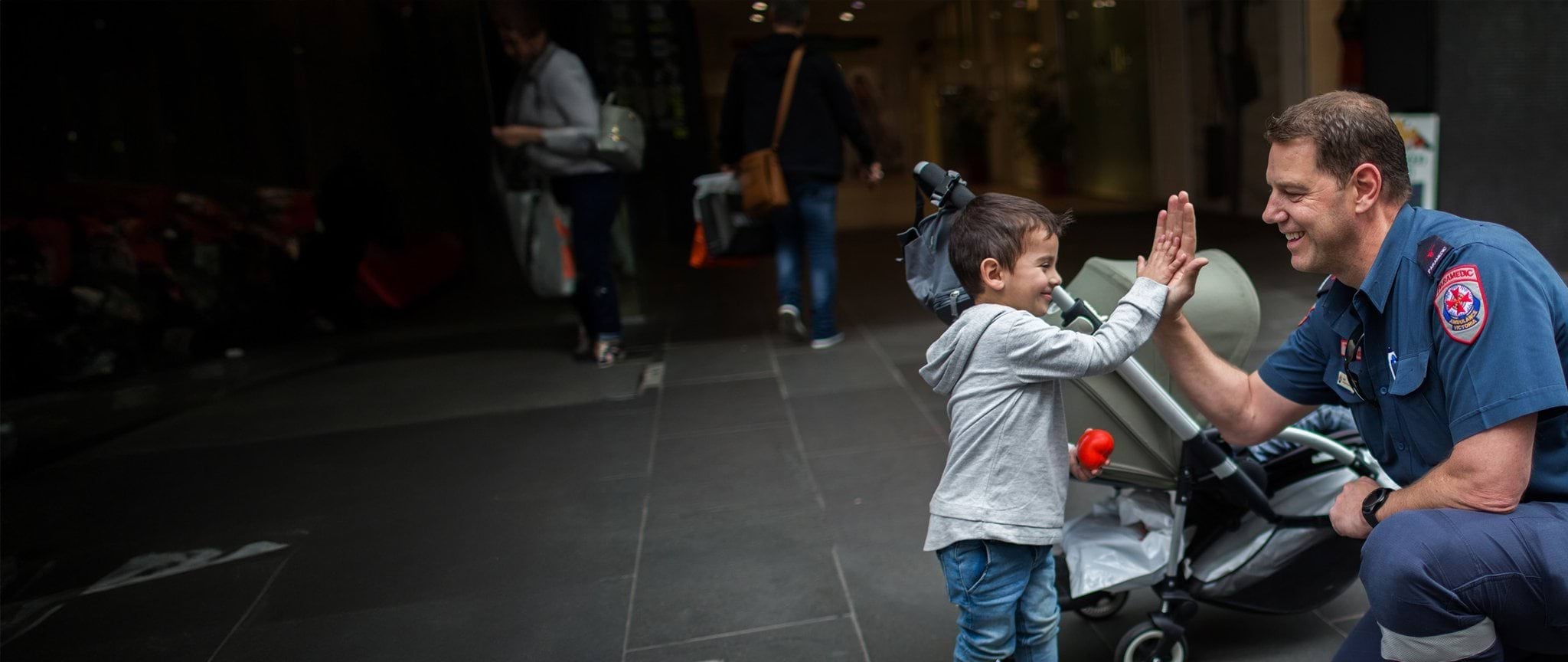AV family members play an important role in supporting the mental health of our people. We know they can also be impacted by the challenges that our employees and volunteers face. This is why we offer wellbeing support to family members in addition to AV employees and first responders.
Accessing our services
Family members can access our services in the following ways:
Call 1800 MANERS (1800 626 377) or email eopeer@ambulance.vic.gov.au
Looking after your loved one
Family members are often the first to notice early changes in mood, thinking, and behaviour. If you or your loved one is feeling distressed, you should seek help. You can access 24/7 mental health support from Beyond Blue or Lifeline, or through our 1800 MANERS helpline.
Information around suicide
If you are concerned about your loved one, speak up. Talking about suicide does not ‘put ideas in their head’. A supportive and open conversation could save their life.
The Department of Health has a suicide prevention webpage which has information about suicide prevention strategies in Victoria.
Learn about suicide warning signs or guidance on how to best support your loved one.
If you need immediate help or guidance, these services are available 24 hours a day, seven days a week:
If you or your loved one are at immediate risk of harm, please call Triple Zero (000).
It can be hard to contact emergency services when your loved one is an AV employee or volunteer. Keeping them safe is always our number one priority, so please do not hesitate to make the call.
Community pathways
Wellbeing is more than just the absence of disease or illness. It is the ability to function well psychologically, physically, emotionally, and socially. Wellbeing enables us to work productively and creatively. It helps us form positive relationships and contribute meaningfully to the world around us.
Our approach is underpinned by the Northern Health’s 5 Ways to Wellbeing. This is a set of practical lifestyle habits to help support overall health and wellbeing.
Learn about Northern Health’s 5 Ways to Wellbeing.
Take the 5 Ways to Wellbeing Quiz.
AV does not partner with or endorse any external organisation. AV also does not endorse any external services listed on this page. While the resources are from reliable sources, it's up to individuals to research on their own.
Updated
